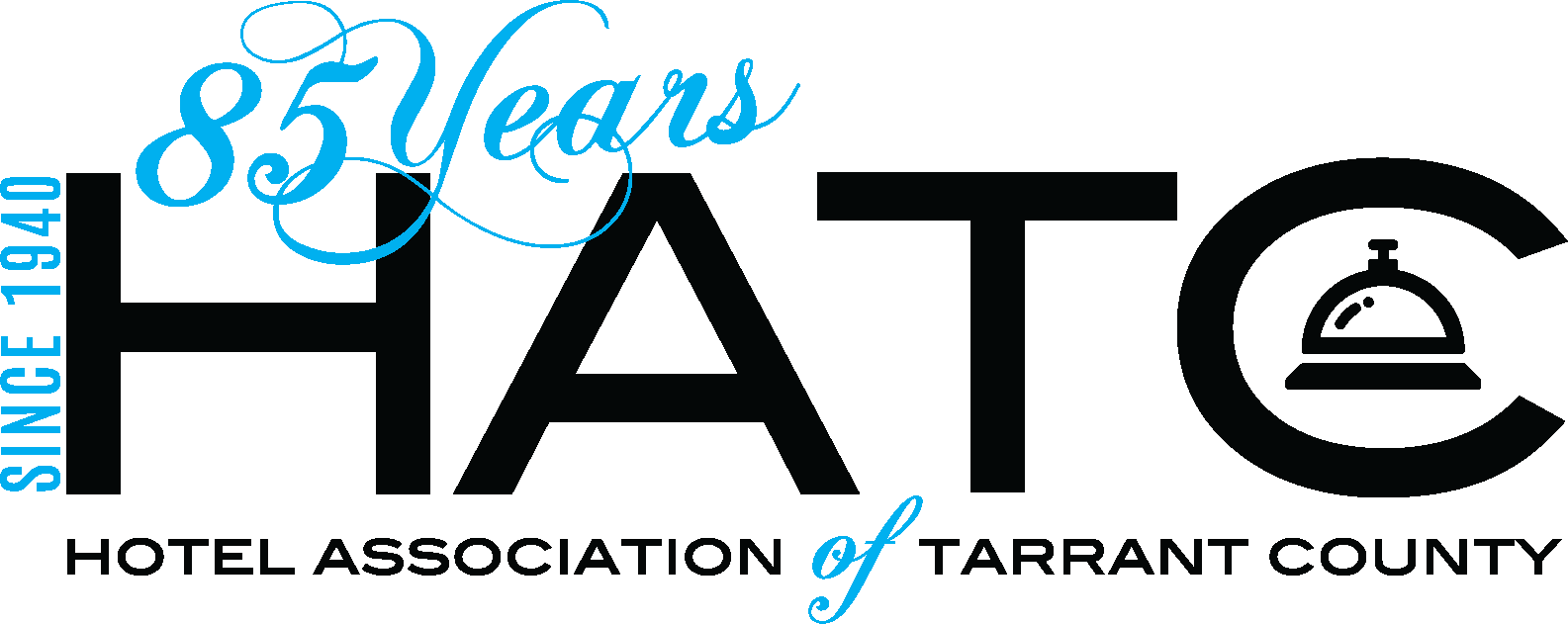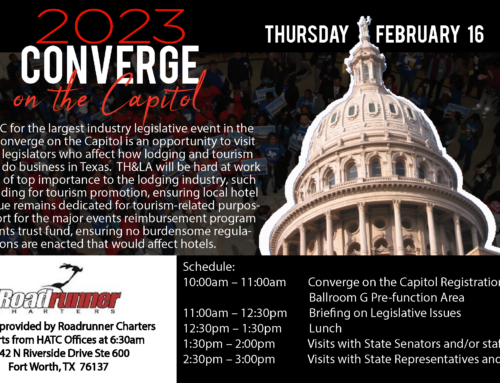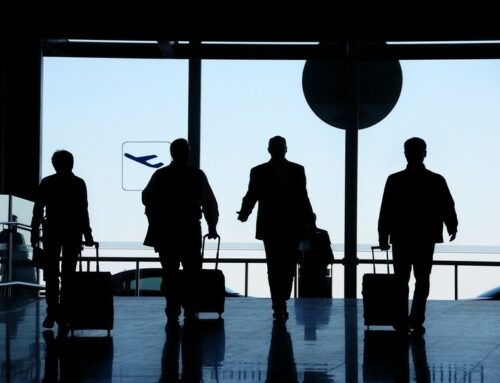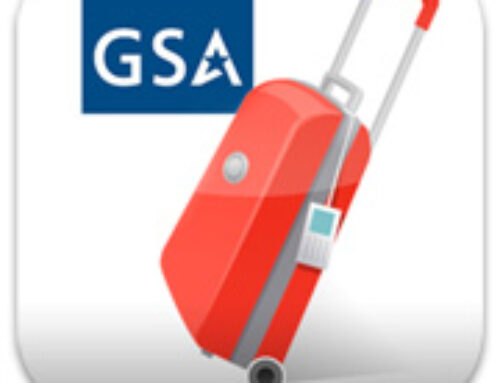Travel Promotion Act Opens Door for National Funding for Tourism Promotion
Why was it needed? In 2009, 2.4 million fewer overseas travelers visited the U.S. than in 2000, at an estimated cost of $509 billion to the U.S. economy. Unlike the vast majority of European and counterparts, the United States has to date had no funding for a national campaign to promote our country as a premier destination. This has changed with the passage of the federal Travel Promotion Act (TPA) into law. THLA and its industry partners at the state and national level worked together to show industry support on this important measure that will for the first time provide national funding for tourism promotion and represents a major victory for the U.S. travel industry.
What is the Benefit? The Travel Promotion Act was passed with the goal of stemming the decline in overseas visitors to the U.S. It’s passage will allow communities from across the United States to benefit from a funded national program to promote international travel to the U.S., and marketing of the U.S.A. brand. Experts estimate that a successful national promotion will yield $4 billion in new spending annually, create 40,000 new jobs and generate $321 million in new tax revenue each year. The Congressional Budget Office estimates that the TPA will reduce the federal deficit by $425 million over ten years.
Where does the Program’s Funding come from? The TPA initiative will be funded through a matching program that includes up to $100 million in private sector contributions and a $10 fee on foreign travelers who do not pay $131 for a visa to enter the United States. The fee will be collected once every two years in conjunction with the Department of Homeland Security’s Electronic System for Travel Authorization. No funding is provided by U.S. taxpayers.
How will the new Federal Legislation work? The TPA establishes a public-private Corporation for Travel Promotion that combines the accountability of the government sector with the expertise of the private sector. The U.S. Department of Commerce will oversee the Corporation, and will work with the Departments of State and Homeland Security to nominate an 11-member board. The board will be comprised of representatives from various segments of the travel community including the lodging industry. Once the board is in place, it will select an executive director to run its programs. These programs will include development of a multi-channel marketing and communications program to attract more international visitors. The Corporation is also tasked to establish programs to explain changing travel security policies.





